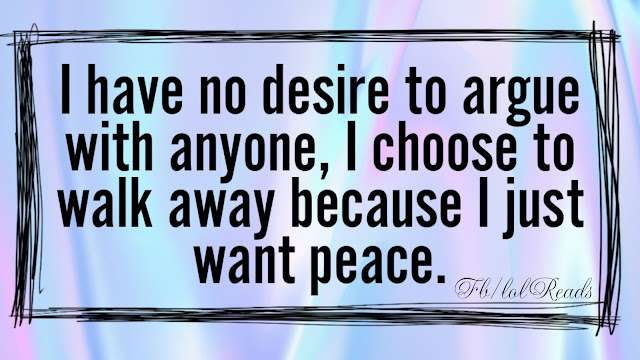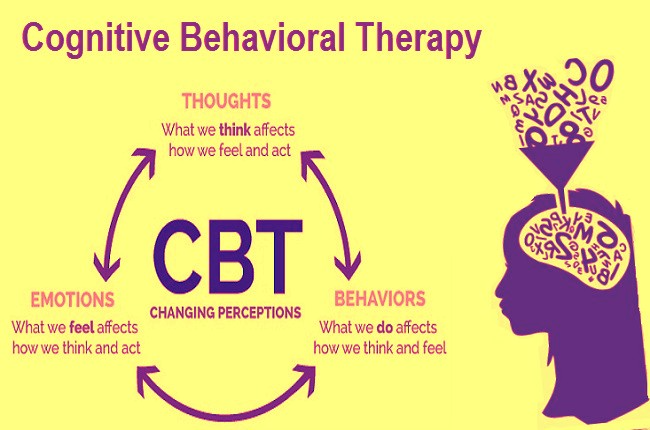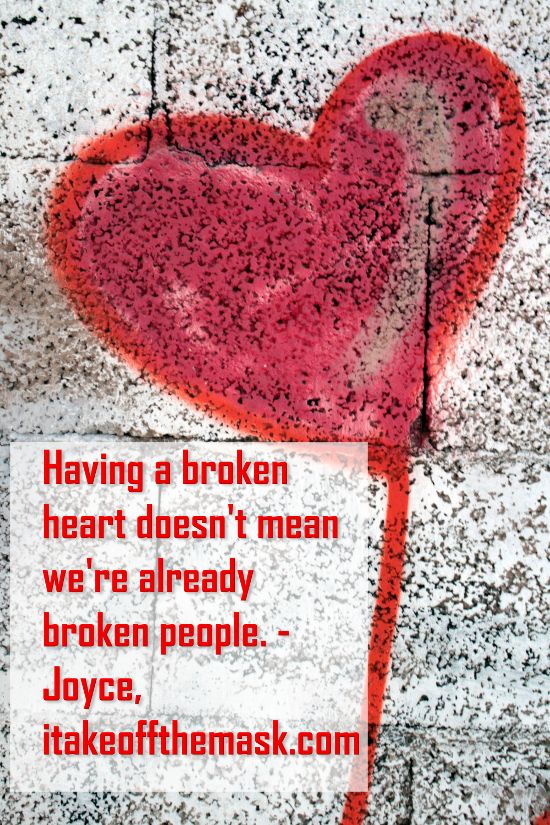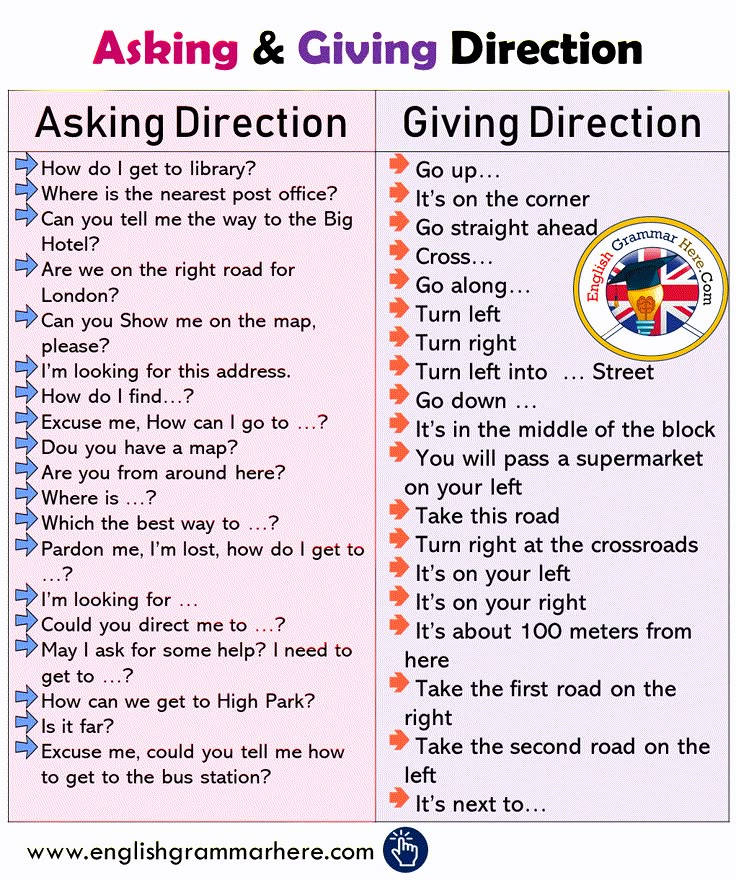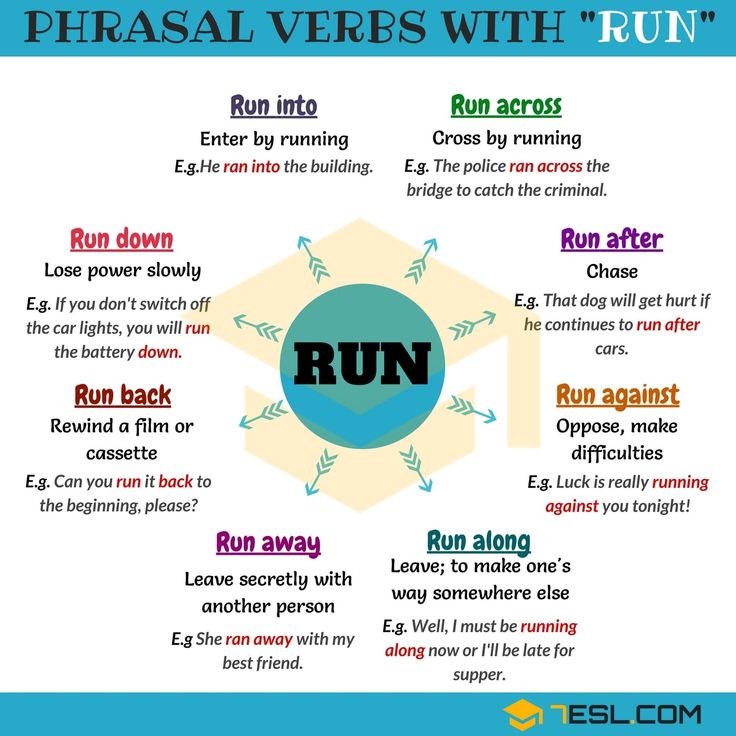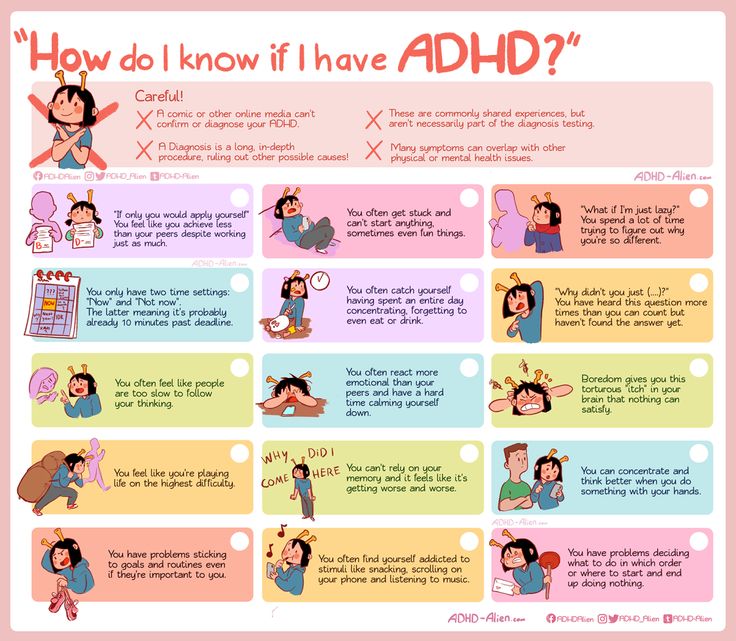I want peace
8 Things to Do If You Want to Be at Peace with Yourself
“He who lives in harmony with himself lives in harmony with the world.” ~Marcus Aurelius
How can I find peace of mind? It’s a question often asked, but rarely answered in a satisfying way.
Some say peace of mind lies in security. Some say it’s about de-cluttering and finding stillness and calm in life. Some say it’s about acceptance and letting go. I say it’s all about what you do.
Let me introduce myself. I’m an addict. An alcoholic since my teens, I lived most of my life on various edges.
At twenty-one, I was diagnosed with borderline personality disorder, as if being an alcoholic wasn’t bad enough. If you don’t know what BPD is, it is an unsettled and shifting sense of self, and it’s unbearably difficult to live with.
I possessed a fearful and fraught mind at the best of times. Both my addiction and my BPD led me to do some pretty crazy things. Crossing a drunk person with a personality disorder is not conducive to the sort of life you would wish on anyone.
I spent my twenties clambering out of one catastrophe and into another, doing some fairly disgraceful things—hiding, lying, hurting other people and myself. At least one hour a day was spent in absolute misery and penance, sorry for myself and for anyone who crossed my path of destruction.
But behind the carnage, I was a genuinely good-hearted person. All through my mental illnesses, I tried to make the best of it, to be a nice person. And there was no one more empathetic than me. If anyone else had a problem, I would drop everything to run to them.
But my mind was not somewhere you would want to take a fishing trip, let alone a whole vacation. Of all the people I hurt in my life, I hurt no one more than myself. I hurt myself by doing things that would make me feel guilt and shame later on.
When I finally got the right treatment and got sober, after a decade of madness, I heard people speak about serenity and finding peace of mind. In early recovery, it was still an utter mystery to me.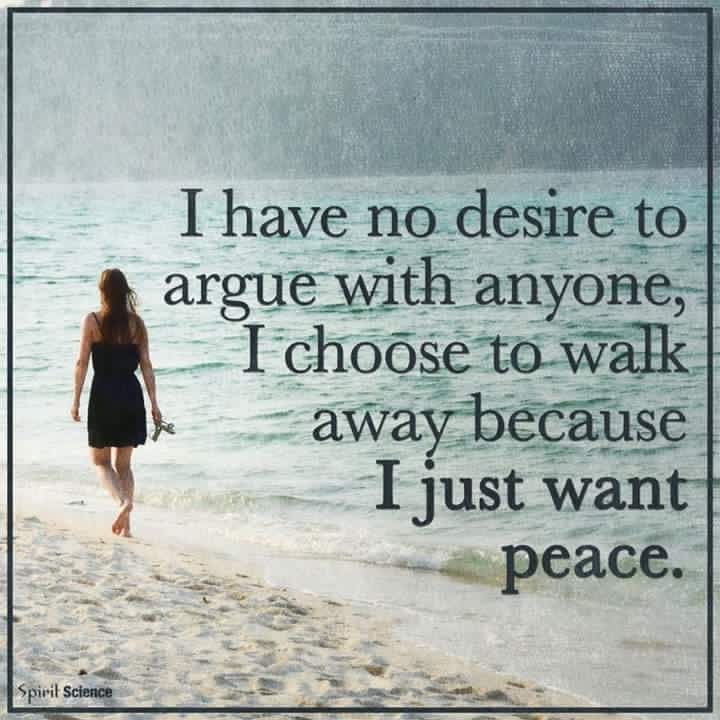
I saw a counselor who told me to give it time. I went to alcohol services—they told me to work a program. I listened to “spiritual folk” who told me to meditate.
No one seemed to be giving me practical answers about how to achieve something I had been searching for all along: peace and self-esteem.
But the answer was so simple. You create your state of mind by the things you do, and you cement that by the things you tell yourself.
As long as I behave with integrity every day, I can feel at peace with myself.
Things will always change. Life will sometimes be tough. People will say and do things that upset you. That’s just the nature of things.
As long as you hang onto your integrity, no matter what is happening in your world, you can go to bed with a clear conscience. And no matter how tough things get, you can still have that wonderful sense of peace within you.
But it takes some practice to really start to feel it, and to live with integrity at all times.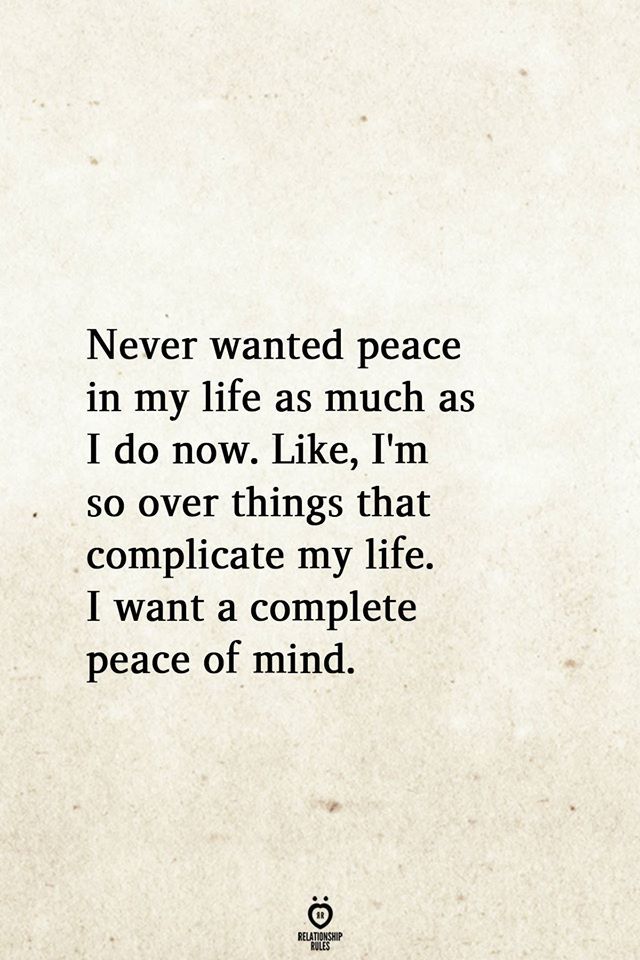 Here are some tips to help you cultivate a sense of peace.
Here are some tips to help you cultivate a sense of peace.
1. Know your ideal self.
Make a list of all the good qualities you intend to cultivate. Are you going to be kinder, fairer, more tolerant, more magnanimous, more patient, more dignified? What are your responses to difficulties going to be? What principles do you wish to uphold?
2. Do the next right thing.
If you’ve been struggling with your emotional or mental state like I was, it may be difficult, at first, to act with integrity all the time. You may find yourself making mistakes and sometimes behaving in a less than ideal way. In order to build up a habit of sticking to your principles, just practice doing the “next right thing” all the time.
3. Let go of perfectionism.
I could have made my life a lot easier if I had validated the attempts I was making to do the right thing even when things were a struggle. Instead, I beat myself up and made myself feel worse because I was angry with myself for not living right. It’s all a journey. Allow yourself to be imperfect, and yet still make progress.
It’s all a journey. Allow yourself to be imperfect, and yet still make progress.
4. Make amends immediately.
If for some reason you end up treating someone unfairly or unkindly, or doing something dishonest or mean, make amends for it as soon as you can. Don’t wait. Correct your mistakes as soon as possible, and you can find peace of mind in the fact that you have improved upon your actions and done your part to relieve any ill feeling or guilt.
5. Practice patience.
Other people around you may not be living in the same way that you have chosen to. It doesn’t matter; they will have their conscience to live with at the end of the day, and you will have yours. Choose to respond in a way that will give you peace of mind. Take a deep breath before reacting to people who push your buttons.
6. Let your head and heart support you.
You won’t have a peaceful mind if you allow negativity to dominate your thinking. Try to understand others rather than judging them.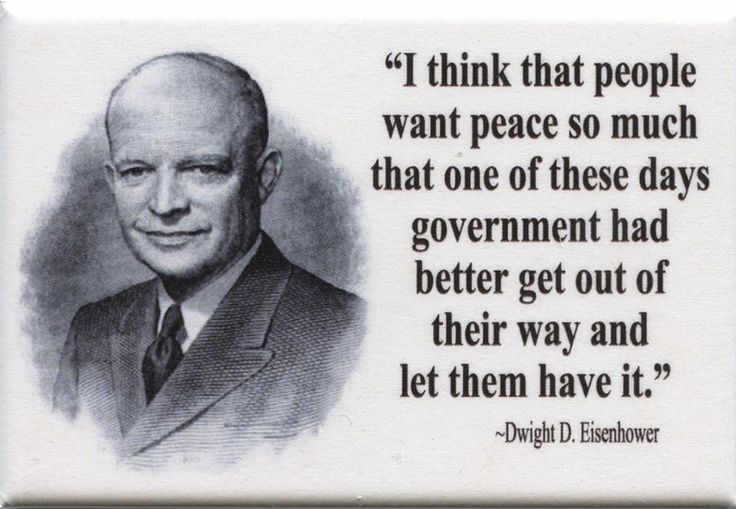 Forgive others and you free yourself. Radiate compassion and be a good Samaritan. Not only will others benefit; you’ll also add to your own sense of self-esteem.
Forgive others and you free yourself. Radiate compassion and be a good Samaritan. Not only will others benefit; you’ll also add to your own sense of self-esteem.
7. Think long term.
It may be tempting to lose your rag when you’re feeling angry or frustrated. But think about how you will feel about yourself and your own actions later on. Will you be happy about your behavior? Will it lead to you feeling peace of mind? If not, don’t do it.
8. Validate yourself.
You will not get to feel that lovely sense of peace if you don’t take the time to fully acknowledge it. In difficult situations, look at what you did well. If you’ve been struggling, notice when you make progress. At the end of each day, summarize to yourself how you’ve acted well and kept your integrity.
What helps you feel at peace with yourself?
About Beth Burgess
Beth Burgess is a solution-focused therapist, coach and writer, specializing in addiction, anxiety disorders, stress, self-esteem and mental wellbeing.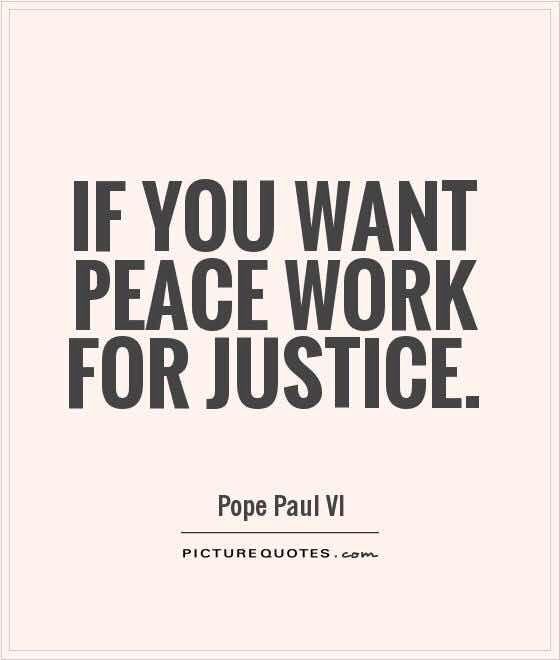 She is the author of The Recovery Formula and The Happy Addict. Visit http://www.smyls.co.uk for videos, articles, and help to overcome your issues and find happiness.
She is the author of The Recovery Formula and The Happy Addict. Visit http://www.smyls.co.uk for videos, articles, and help to overcome your issues and find happiness.
See a typo or inaccuracy? Please contact us so we can fix it!
11 Ways to Find Your Inner Peace and Happiness Now
Inner peace is possible, and you don’t need to meditate on a mountaintop or break the bank for a wellness retreat in order to find it. Carving out time to relax is wonderful, but it’s amid the frantic pace of everyday life when we need serenity the most: That moment when you’re stuck in the pharmacy line and the contents of your bag spill on the floor just as your phone starts ringing? That’s when you need to find inner peace within yourself, right as you’re suppressing the urge to unleash a stream of four-letter words.
“I think often people look for circumstances to help achieve a sense of inner peace,” says Ashley Davis Bush, psychotherapist and author of The Little Book of Inner Peace: Simple Practices for Less Angst, More Calm.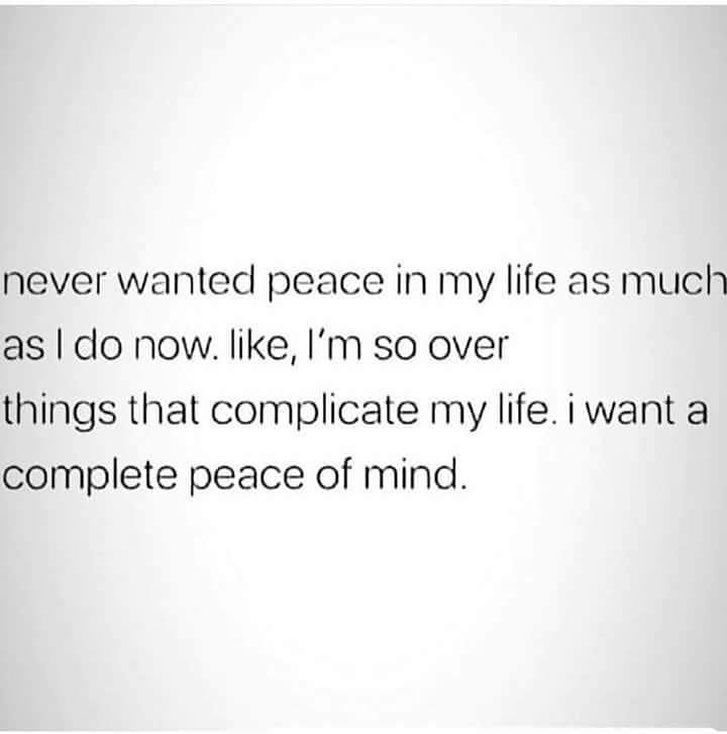 “In fact, this calm, compassionate, deep awareness is actually within each person. It’s as if we have a deep reservoir of peacefulness and serenity inside us. What we have to learn to do is tap into it.”
“In fact, this calm, compassionate, deep awareness is actually within each person. It’s as if we have a deep reservoir of peacefulness and serenity inside us. What we have to learn to do is tap into it.”
With the help of what Bush calls “micro-practices,” you can get better at accessing your inner calm—even if it's been in hiding for awhile.
Peace of mind doesn’t require peace and quiet.
Have you ever been scuba diving, or even just watched a good deep-sea documentary? The ocean’s tide brings the drama when it crashes against the shore, but venture a few meters down and you’ll find a tranquil world of creatures moving at their own pace, wholly unfazed by the action up above.
“The problem is most of us live sort of on the surface of the waves, where there's a lot of turbulence and wildness,” says Davis. “But again, this deep, calm, awareness is actually within each person.”
Davis maintains that you don't need to shut out all the noise to find inner peace. “There's this assumption that if you're in a quiet place, it will be more conducive to accessing this spot within. But, in fact, there are people who have panic attacks while they’re on a massage table. You could be on a New York city subway, surrounded by people and noise, and close your eyes to go into this space where your calmness resides.”
“There's this assumption that if you're in a quiet place, it will be more conducive to accessing this spot within. But, in fact, there are people who have panic attacks while they’re on a massage table. You could be on a New York city subway, surrounded by people and noise, and close your eyes to go into this space where your calmness resides.”
Breathe in, breathe out.
Your breath is always with you, and both yoga and meditation practices harness the power of breath control to help shift your state of mind. Davis likes to recommend practicing the 4-7-8 breath, which is based on a time-tested yoga technique, because you can do it anywhere at any time.
Close your mouth and inhale through your nose as you count to four. Hold onto that breath as you count to seven, and then exhale through your mouth for the count of eight.
“The long exhale helps stimulate the parasympathetic nervous system, which is basically initiating a relaxation response in your body,” Davis says. “Make sure to breathe really low, to fill your belly with air.”
“Make sure to breathe really low, to fill your belly with air.”
Feel the truth that you’re safe and loved.
“Remind yourself that you’re breathing. And hopefully, you’re physically protected,” says Julie Potiker, mindful self-compassion teacher and author of Life Falls Apart, But You Don't Have To: Mindful Methods for Staying Calm in the Midst of Chaos.
“Think about the people you care about, and the people who care about you,” Potiker suggests, saying that focusing on that can lower your panic response. “Let the truth of that warm your heart.”
Visualize your happy place.
This is another micro-practice that becomes easier the more you do it, and the stronger your visualization, the more effective it is. It's okay if it takes you a while to conjure up what that go-to happy place is.
“You might want to picture the ocean, or your bedroom under your covers, a lake view, playing with your pet, being with someone you love, or maybe a favorite vacation,” Davis suggests. “Then, try to really get all the details in your mind’s eye—the smells, the sounds, the textures, the touch.” Accessing these vivid memories will cue your body to start feeling like you’re actually there, which will relax you, she says.
“Then, try to really get all the details in your mind’s eye—the smells, the sounds, the textures, the touch.” Accessing these vivid memories will cue your body to start feeling like you’re actually there, which will relax you, she says.
Read the story you’re telling yourself.
If you find yourself spiraling over a perceived disappointment, frustration, or panic-inducing thought, try stepping back to assess whether what your brain is telling you is true. Examining the source of your turmoil can make it feel smaller in size.
“I tell my students that what you resist persists and they need to feel it to heal it,” Potiker says. She often recommends the RAIN technique, an acronym first coined by meditation teacher Michele McDonald.
Recognize what’s happening. “Label the emotion, because simply naming it calms down your over-arousal,” says Potiker.
Allow your situation to be there. “You’re not resisting it, or trying to numb it and run away from it,” she says. “You're allowing it to be there long enough to work with it.”
“You’re not resisting it, or trying to numb it and run away from it,” she says. “You're allowing it to be there long enough to work with it.”
Investigate. Potiker says to ask yourself, What most wants my attention? What am I believing? Where am I experiencing these feelings in my body—can I put my hands on where I’m feeling it, and soften the area? All of this inquiry is done with love, not judgment.
Nourish. This is alternately defined as natural loving awareness. You’ve observed yourself, and it’s time to treat yourself with loving kindness. “Ask yourself, What do I need to hear right now?” Potiker says. “Just talking to yourself like you would a dear friend is extremely helpful and healing. It staves off the feeling of isolation.”
Or ACT your way to deeper self-compassion.
There’s no one road to self-compassion, so here’s another way to think of it. Davis suggests trying a three-step method she calls ACT, based on the work of Kristen Neff, a prominent researcher in the field of self-compassion.
Davis suggests trying a three-step method she calls ACT, based on the work of Kristen Neff, a prominent researcher in the field of self-compassion.
“'A' is for acknowledge, as in you acknowledge your suffering or your struggle: This really sucks,” Davis says. “'C' is for connect, connecting to all common humanity to remember that you're not alone in this. Other people get frustrated, feel angry or impatient. The 'T' is to talk kindly to yourself.”
Related Stories
- The Best Meditation Apps to Help With Anxiety
- 9 Best Yoga Apps For At Home Workouts
- How to Finally Relax
When it comes to positive self-talk, Davis echoes Potiker’s recommendation to address yourself as you would a friend, because using “I” sentences may make you feel more isolated. “Research shows that when you talk to yourself in the third person, you actually activate the care circuit in your brain so that you feel more cared for,” she continues.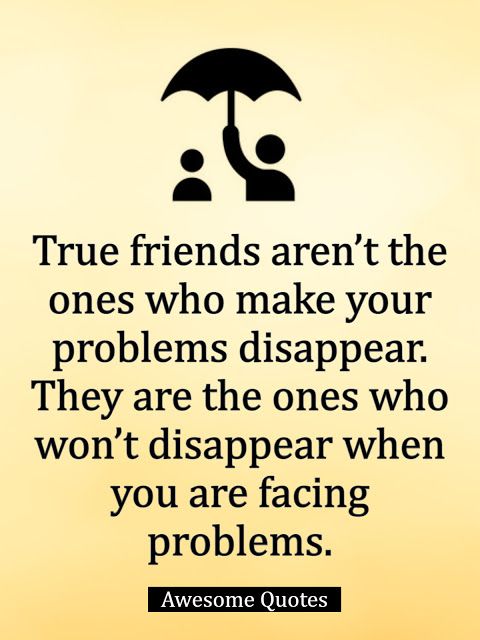 “You’re accessing your higher self so that you can talk yourself off the ledge, and you feel more supported. So I would say, Ashley, you're going to be okay. This is a really hard moment, but don’t forget, Ashley, you’re not alone in this.”
“You’re accessing your higher self so that you can talk yourself off the ledge, and you feel more supported. So I would say, Ashley, you're going to be okay. This is a really hard moment, but don’t forget, Ashley, you’re not alone in this.”
Make a “joy list” for when you need it later.
While a compassionate inventory of how you’re feeling is a powerful mindfulness exercise, Potiker says asking yourself, What do I need to do right now? can remind you to lean on actions that tend to give you peace. Since many people find it challenging to remember which activities bring them joy when they’re feeling mired in chaos, Potiker recommends looking to a “joy list” that you’ve compiled ahead of time.
Related Stories
- How to Manifest Anything You Desire
- Ways to Finally Show Yourself Some Love
- Exactly How to Find Joy Today—and Every Day
“Free associate what brings you joy, and then pick something on the list to do when you’re feeling lousy,” she says. While you’re doing that thing, such as flower arranging or baking, savor it. “Take it in for a few moments, because taking in the good rewires your brain for happiness and resilience,” Potiker says, citing the work of psychologist Rick Hanson, PhD.
While you’re doing that thing, such as flower arranging or baking, savor it. “Take it in for a few moments, because taking in the good rewires your brain for happiness and resilience,” Potiker says, citing the work of psychologist Rick Hanson, PhD.
If you look at a beautiful sunset and say, “That’s a beautiful sunset—what’s for dinner?,” Potiker says you haven’t given your brain a chance to truly form a positive connection. Instead, try to fully give yourself over to the moment, noticing the rich colors of the sky, because that's productive work in its own way.
“Just letting you fill you up for that moment of awe is enough to rewire your brain for happiness and resilience,” she says. You can do this multiple times a day, Potiker adds, building up a joy reserve by just savoring those first sips of morning coffee, or the sound of a child giggling.
Cultivate gratitude for what’s happening (and
not happening).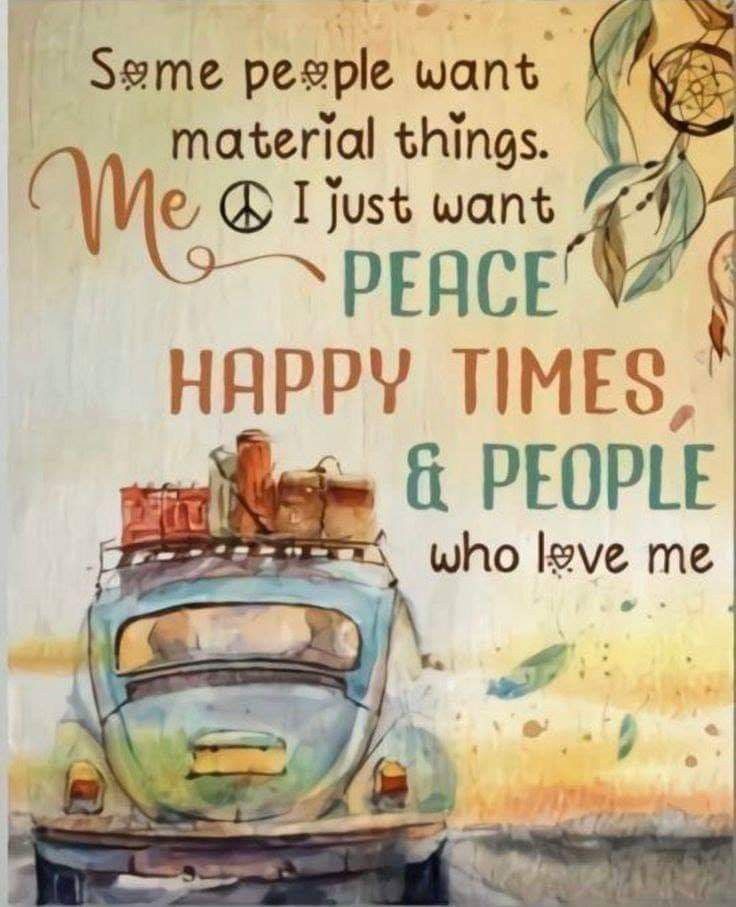
The psychological benefits of gratitude have been championed repeatedly in the field of happiness research, and according to Davis, practicing gratitude is another way to quickly access that state of inner peace. She suggests two simple ways to get into the habit: keeping a gratitude journal, and smiling as soon as you sit up in bed in the morning. “When you smile, it signals to your brain that things are good and that you’re happy.”
View full post on Youtube
If you find yourself struggling to think of what you're grateful for in the heat of a chaotic or frustrating moment, Davis suggests you start by naming what you're glad isn't happening—and boom, now you've got something to be thankful for. To go back to her earlier subway example, in a crowded commute you might think, I’m glad I’m not being mugged right now, or I’m glad it’s actually moving and we’re not stuck in the dark; I'm glad it's air-conditioned; I'm glad I have a seat; I'm glad I have a physically healthy body.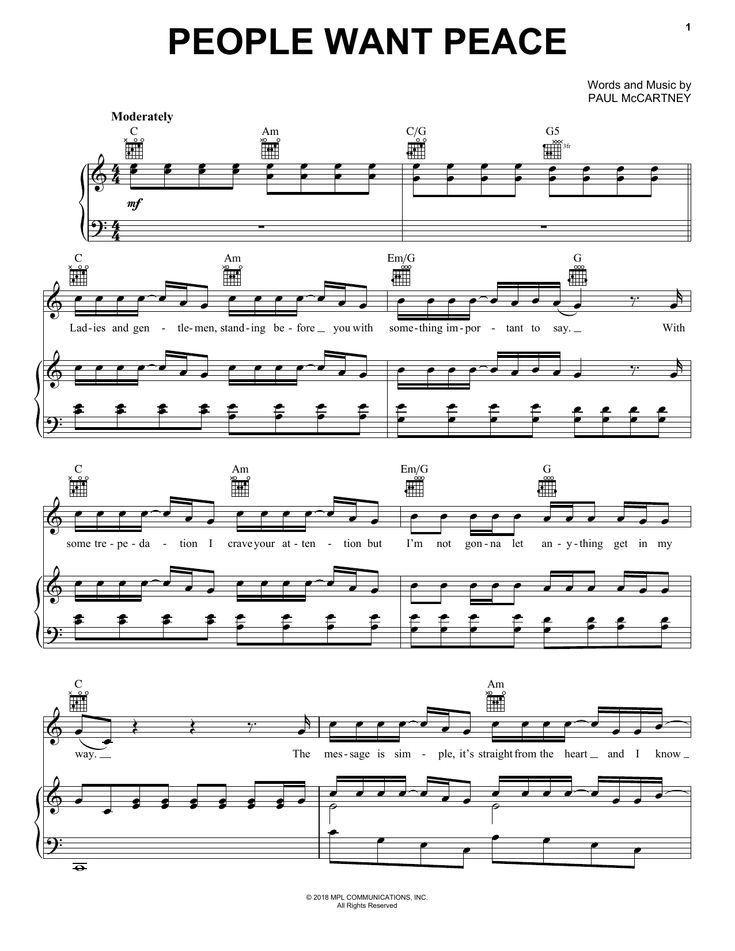 One small positive thought often sparks another.
One small positive thought often sparks another.
Ask yourself two questions daily.
Your gratitude journal entries don’t need to be lengthy reflections, like some burdensome daily homework assignment. Instead, Potiker says use these two simple prompts to list an item or two for each: “What did enjoy today?” and “What am I grateful for today?” Maybe you did something that's on your joy list, for example.
Serve others to help yourself, too.
“Everybody knows that when you help other people, you feel better,” Potiker says. Those in the field of positive psychology believe that the good feelings that come from truly meaningful acts cultivate something they've deemed eudemonic well-being.
Over decades, research has suggested that in the long term, the eudemonic happiness that people feel from doing something like volunteering or making someone else feel good is more rewarding, and longer-lasting, than the more commonly pursued hedonic well-being, which prioritizes seeking pleasure and minimizing pain.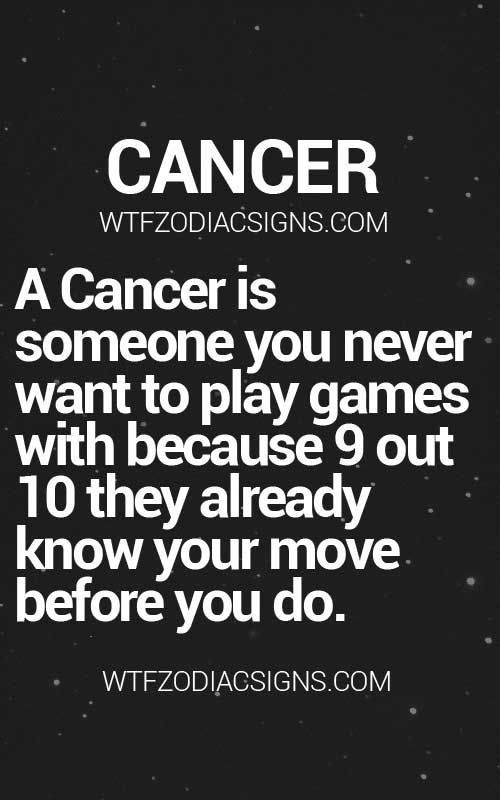 Thus, building up a reserve of eudemonic happiness through acts of service could potentially up your general inner-peace baseline.
Thus, building up a reserve of eudemonic happiness through acts of service could potentially up your general inner-peace baseline.
Maintain good self-care hygiene.
Eating right, getting plenty of sleep, exercising, meditating, and practicing what Potiker calls “mindfulness daily life activities” can all shore up your mental-peace defenses for when all hell breaks loose (in your world, or in your head). “Even while you’re just brushing your teeth, you can focus on feeling the toothbrush, tasting the toothpaste, and hearing the sounds, so you’re not worrying about your to-do list or what just happened in the news,” she says. “That’s a mindfulness in daily life activity.”
It’s all about developing “the pause,” so that when you feel yourself reacting to a situation, you’re better prepared to respond in a calmer way.
Practice acceptance.
In the larger pursuit of learning to access your inner peace, Davis says that accepting the existence of things that are out of your control is the long-term goal, difficult as it may be.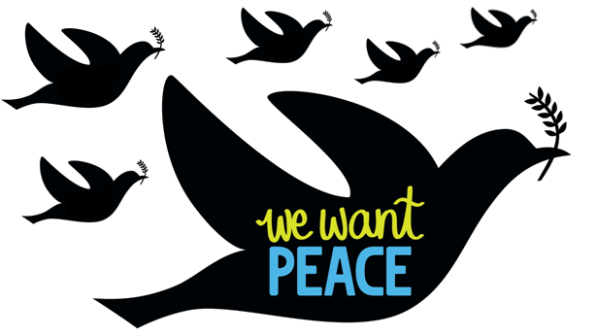 “Acceptance is an overall way of engaging with life,” she explains. “So it’s less about a quick practice, and more about a life orientation.
“Acceptance is an overall way of engaging with life,” she explains. “So it’s less about a quick practice, and more about a life orientation.
“When we resist our circumstances, we create a lot of suffering, which of course is the opposite of inner peace,” she continues. “And the second you start going with the flow and putting yourself in alignment with what is, you immediately start to have a sense of flowing with rather than flowing against.”
It’s a challenging process, and one your brain may resist on impulse at first. That’s why it’s called “practice”—you may not nail it the first, 15th, or 50th time, and that’s normal.
“In terms of a practice, I might say to someone, ‘Right when you're in a situation like you're in a long grocery line, you can't believe it, you're late for something, you're feeling really stressed? Just stop, drop into your heart space, and say, This is what I've got. This is where I am. I'm just going to flow with this. And I'm going to look for an opportunity now to just practice patience, and practice self-compassion. This is really hard. I wish I could be faster. I wish I wasn't in this line, but I am. It's okay, and I'm okay.’”
I'm just going to flow with this. And I'm going to look for an opportunity now to just practice patience, and practice self-compassion. This is really hard. I wish I could be faster. I wish I wasn't in this line, but I am. It's okay, and I'm okay.’”
For more ways to live your best life plus all things Oprah, Sign up for our newsletter!
Samantha Vincenty
Senior Staff Writer
Samantha Vincenty is the former senior staff writer at Oprah Daily.
This content is imported from OpenWeb. You may be able to find the same content in another format, or you may be able to find more information, at their web site.
- I want peace and tranquility! — You are too young to want this ▷ Socratify.Net
The trouble with this world is that fools are too sure of themselves, and smart people are full of doubts.
Bertrand Russell (100+)Happiness is not in always doing what you want, but in always wanting what you do.
nine0008 Lev Nikolayevich Tolstoy (100+)
How small is the gap between the time when a person is still too young and when he is already too old.
Charles Louis de Montesquieu (100+)
There are 2 kinds of love:
Unknown author (1000+) nine0009
"I want her to be mine" and "I want her to be happy".I don't want you to look at me, I want you to see me.
Rinat Valiullin (100+)No one can be so mad as to want war instead of peace, because when there is peace, then children bury their fathers, and when there is war, then fathers bury their children.
Herodotus (10+)I don't want my children to follow in my footsteps.
I want them to walk side by side, but go further than I could dream. nine0008 Unknown author (1000+)
I don't want my children and wife to remember me as a great speaker, writer... I want them to remember me as a great husband and father.
John Maxwell (6)Where there are too many policemen, there is no freedom.
Where there are many soldiers, there is no peace.
Where there are too many lawyers, there is no justice. nine0008 Lin Yutang (10+)You know, to be honest, I'm so tired of being alone, I so want a worthy man to stop me, take my hand and firmly say: "I want you to stay." And so that I would want to stay, so that I could not leave!
Elchin Safarli (100+)
- Show the best nine0051
- home
- ❤❤❤ Easy behavior - 35 quotes
I want peace. Almost diary
I want peace
Sometimes it does not hurt to recall and refresh well-known historical facts. Now is just such a time. For people of my generation, who for more than half a century have not only witnessed the emergence, but also the formation and subsequent development of the world's first socialist state, what is happening today in many countries of the capitalist world is not new. nine0008
True, the capitalist world is no longer the same as it was at the birth of the Union of Soviet Socialist Republics. This world has taken a lot of damage. Many states broke away from it and went over to the socialist camp. Not to mention the collapse of colonialism, the transformation of some mighty empires into minor states. Although time is working against capitalism, however, it is still strong, toothy and is not going to give up its class positions.

Dumping from a sick head to a healthy one, the most implacable enemies of the Soviet power like to portray us as aggressors. nine0008
This is not true.
The October Revolution took place quickly and almost bloodlessly. During the capture of the Winter Palace, only a few people died.
The very first decree signed by Lenin, as is known, was the Decree on Peace, broadcast by radio to all the peoples of the world.
The general atmosphere of peacefulness that prevailed among the Bolsheviks is confirmed by the historical fact that Lenin ordered the arrested General Krasnov to be set free on an officer's word of honor that he would not oppose the Soviets. Krasnov gave his word, was released and immediately went to the Don, where he led the counter-revolutionary Cossacks in the fight against the Soviets. nine0008
True, after many years he still did not leave the people's court.
But this is by the way.
Approximately at the same time when Lenin's Decree on Peace appeared, a little later, Alexander Blok's famous verses "Scythians" were recited.
Addressing Europe, the world on behalf of the revolution, the great poet wrote:
Come visit us! From the horrors of war
Come to peaceful embrace!
Before it's too late - an old sword in a sheath,
Comrades! We will become brothers!
nine0007 For the last time - come to your senses, old world!At the fraternal feast of labor and peace,
For the last time to a bright brotherly feast
The barbarian lyre calls!
Indeed, it was a barbaric lyre, since the poet spoke on behalf of a people that had just thrown off the chains of slavery and, for the most part, had not yet had time to acquire culture. But he had already taken upon himself the sacred mission of bringing peace to the peoples of the entire globe, as Lenin taught.
And it is not our fault that furious capitalism responded to the call of the Soviet state for peace with the intervention of fourteen powers, arming to the teeth with the most modern weapons all these Kolchaks, Kutepovs, Denikins, Wrangels and other counter-revolutionaries who, under the guise of fighting for democracy and freedom, are against The young, peace-loving Soviet Republic hatched plans to restore the monarchy in Russia in order to flood the country with blood and line the gallows.
nine0008
Such was the White Guard democracy and freedom.
However, all this White Guardism has long been thrown into the garbage pit of history and forgotten by the people, which should not be forgotten by the modern successors of the work of Kolchaks and Denikins.
Soviet power passed a difficult, thorny path before a powerful state, one of the strongest states in the world, arose in the place of the old, backward Russia. But throughout its sixty-year existence, the Soviet state was constantly subjected to frantic persecution by the unfinished White Guards, who dug in in Paris, London, Berlin, and when all these White Guard Zoils finally died out like prehistoric animals, someone constantly took their place: then Goebbels, then Bandera, then Vlasov, then nationalists of all stripes, until, finally, in the most recent time, the so-called "dissidents" or "dissidents" appeared, who made a rather profitable profession out of their "dissidence" and "dissent". They fled or were expelled from their homeland abroad in various ways and raised a terrible anti-Soviet noise there, which occasionally reaches the ears of honest Soviet people through the channels of many radio stations.
Where the colossal money for their maintenance comes from, there is nothing to even guess. nine0008
Anti-Soviet propaganda either subsides a little, then intensifies again.
Now, for example, we are seeing another squall. If you count on a seismic scale - eight to nine points. Usually, at this strength of an earthquake, buildings are already beginning to collapse. However, the Soviet state does not feel the slightest hesitation, although the noise is terrible. You might think that the world is collapsing.
What actually happened? What's the matter? Never mind. It’s just that the unsuccessful “dissidents” sucked the question of “human rights” out of their fingers and made it an instrument of anti-Sovietism, as well as (we note in parentheses) a cash cow, on the nipples of which the “dissident” brethren firmly stuck. Well, if a Western cow is not sorry to give away its hard-currency milk to visiting milkers for free, then let it be. It is worse for her, that is, for a cow.
nine0008
We understand that it makes no sense to demand conscience from our former “dissident” citizens. Conscience sold. There was one undisguised meanness left. But after all, as Pushkin said, one must be able to "preserve even in meanness the posture of nobility."
Do neither the slanderers themselves nor their masters understand that it is shameful to speak and even shout about human rights and freedom, living in that world where every moment the most elementary human rights are grossly and mercilessly violated? We will not list them. They are listed in our Soviet Constitution, and every Soviet person knows them. nine0008
But don't you, gentlemen "dissidents", know that in the country that pays you, they support you, they kill presidents, objectionable politicians, blow up houses, eavesdrop on telephone conversations, steal, take bribes, rob on the streets, rob In the underground; entrepreneurs rob workers, millions of the unemployed are looking for and cannot find work, millions of girls and boys are dying from drugs; alcoholism and prostitution flourish, children are kidnapped, armed attacks are committed, gangster gangs take hostages and kill them, the mafia operates; twenty-four million Negroes in the course of a century are considered second-class people and are subjected to all sorts of persecution and humiliation; only wealth can give a person relative freedom; prisons are overflowing with criminal and political ones; cops are tear-gassing the crowd, firing bullets or at best rubber bullets, handcuffing them, throwing them like firewood at police cars—those armored prisons on wheels; the working class is suffocating in the grip of industrial corporations, banks are bursting, and small depositors suffer.
About all this, gentlemen "dissidents", you are well aware. This is exactly what those violated human rights are, that truth of life, which you, of course, are silent about, although it is precisely about it that you need to shout at the top of your voice. nine0008
"Dissidents" are also called "dissidents". They, so to speak, think differently. They do not agree with the Soviet way of life, in fact, they do not agree with the very fact of the existence of our Soviet state. Of course, this is their right. They may or may not agree. But to undermine its foundations, its institutions - excuse me.
Not a single state in the world, neither socialist nor capitalist, will allow its foundations to be undermined.
We live in a world where states with different, sometimes even opposite, social systems coexist. nine0008
Given the level of means of destruction at which the world's military potential is located, the most terrible would be a military conflict between two powerful powers.
This would inevitably lead to a world nuclear war, that is, in general, to the destruction, if not of all mankind, then in any case to the destruction of modern culture and civilization, that is, it would throw humanity back into the Stone Age. Therefore, there is only one way out: peaceful coexistence. Lenin proposed this only possible formula for life on earth in our conditions without war. And since in our present conditions war is the death of everything, then everyone who sets the state against the state is a criminal before humanity, and there is no forgiveness for him. nine0008
This kind of incitement is carried out by the so-called "dissidents", not understanding through thoughtlessness or pretending that they do not understand what a terrible game they are playing and what responsibility they are taking on their souls.
As for those major official politicians of other capitalist countries who defiantly host "dissidents" - warmongers, then it is quite appropriate to recall the saying: "Tell me who your friend is, and I will tell you who you are.
"
Nuclear war is not to be trifled with.
A bad peace is better than a good quarrel.
That is why the Leninist formula of peaceful coexistence, of lasting, unshakable peace among peoples, with such principled consistency, with such unbending force, is putting into practice, expressing the feelings and aspirations not only of all Soviet people, but of all the working people of our planet, faithful Leninist, our reliable leader and comrade Leonid Brezhnev, whose contribution to the cause of peace is truly enormous.
Now we are talking only about the reduction of strategic arms. Today it is good. But I am sure that the hour will come—and it is not far off—when we will again speak of general and complete disarmament. We must do everything to bring this hour closer to
Before it's too late - an old sword in a sheath,
Comrades! We will become brothers!
1977
This text is an introductory fragment.

I want! Want! I want!…
Want! Want! Want!… The teacher puts a brick on the table and asks: - Children, what do you think about when you look at this brick? - How many hospitals can be built from this brick! - How many schools and kindergartens! - About the women! - Vovochka, what is the connection between brick and
I want to study
I want to study My father rented the empty house of the Cossack Astakhov, who lived in the Berezovsky farm. There were three rooms in the house. For my father and me, it seemed like a bit too much, but the house was rented to us for such an insignificant fee that my father decided to settle in it anyway. True, in the early days we have
I WANT EVERYTHING - MYSELF!
I WANT EVERYTHING - MYSELF! After a little rest and getting used to the new place, I began to act.
And, above all, he hurried to visit his cousin - Yuri Trifonov - a young successful prose writer. I learned about Yura's successes back in Siberia, on an expedition, from Moscow newspapers. nine0008
"I don't want"
"Don't want" Crying and noise in the neuropsychiatric dispensary can often be heard, but this time in the next room the sobbing was especially loud. Some cried long and hard. I popped in to see what was the matter. Beautiful but very thin woman kept sobbing
I want to go to America!
I want to go to America! The fate of the author of "The Archipelago" suggested to many the prospect of a literary career - to create a reputation in the West, publishing "revealing" works about the USSR there. Brodsky also made his way here, who also left with a reputation as a persecuted
For what I want and vice versa
For what I want and vice versa Once I was visiting Benedikt Sarnov.
A Jewish dissident came to him, who was related to the underground magazine "Jews in the USSR". Often the publishers of this magazine approached different people with a request to write something for them (under the pseudonym
I want! Want! Want!
nine0007 Want! Want! Want! The teacher puts a brick on the table and asks: “Children, what do you think about when you look at this brick? — How many hospitals can be built from this brick! — How many schools and kindergartens! - About the women! “Vovochka, what is the connection between a brick and women?! - None!"I want to tell you..."
"I want to tell you..." I want to tell you one story. At first glance, it may seem completely ordinary, similar to many others, the basis of the plot of which is determined by love. Happy and unhappy. Mutual and undivided. Well, in essence, this story
I want to go home
I want to go home Outside the window, the autumn rain was weeping tediously, like an unsmiling princess, and the weeping leaves of the trees, with their last strength, clung to the branches, not wanting to fall into the muddy mud.
The psychologist was not in the mood: on the way to work, a passing car doused him with a fountain of muddy
"I don't want to disturb him"
"I don't want to disturb him" On the last day 19On December 31, 1999, in a televised address to the Russians, Yeltsin announced that he was resigning ahead of schedule.
"I want to go home"
"I want to go home" First, a few lines about Alexei Tolstoy, whom Bunin constantly honored with all sorts of little-refined names and called him Alyoshka, but whom he nevertheless treated with hidden tenderness. Appreciated him not only as a writer, but partly as a person,
2. I DON'T WANT TO BE AFRAID
2. I DON'T WANT TO BE AFRAID As a child, I really wanted to be brave, but I was not always able to immediately overcome shyness.
